(NB&CL) Besides war, armed violence or deep global geopolitical divisions, the world in 2024 continues to face another major battle against misinformation, fake news and fraud. This problem will be a legendary story that is difficult to end and is predicted to become increasingly serious if the world does not join hands to take drastic measures.
Information chaos - a growing danger Information disruption, especially misinformation and cyber fraud, is being considered a “global pandemic”, a common battle of the world in which traditional news organizations, with their mission of protecting the truth, need to play a leading role. However, the battle can only be successful if there are drastic and fundamental measures in each country and global organizations. |
Fake news, misinformation and especially fraudulent activities have now become the inevitable consequences and negative aspects when the world enters a new era of media. Simply, the stage is no longer only for media agencies and censored newspapers. As we know, the explosion of the internet, high-tech devices and especially social networks has made it possible for everyone to become a "journalist", "reporter" or even a "spokesperson" followed by millions of people.
Social networks, a world without rules
Everything has two sides. The explosion of social networks has brought many benefits, such as helping information and knowledge spread quickly and widely in a spectacular way. Nowadays, information about an accident will reach everyone in just a few minutes, even if it is halfway around the world. Or information about natural disasters such as floods, storms, forest fires... are also quickly updated by everyone through social networking platforms or shared, helping to spread or warn effectively.
However, along with the good aspects, social networks and community sharing platforms are bringing about worrying consequences. Even more frightening, at present, not only humans, but also machines and especially the stormy penetration of artificial intelligence (AI), are making the internet world in general and technology platforms in particular become a place with too many risks.

“Information pandemic” on social networks According to statistics published by Redline at the end of June 2024, there are 4.9 billion social media users worldwide. According to this survey of Americans, most social media users do not trust the accuracy of information spread on these platforms, from Facebook, TikTok to YouTube. Therefore, this organization used the term "infodemic" to talk about the current state of misinformation on social media. |
The world of social networks is like a primeval forest, with almost no rules. Living in it, people enjoy fertility, freedom and refreshment, but along with that are deadly traps. Up to now, almost every country is still struggling with the management and organization of that "primary forest", even taking the first steps to handle violations, while this "world" has covered all of humanity.
In late November this year, Australia became the first country in the world to officially introduce a law banning children from entering the fascinating, but dangerous, and almost lawless “primitive” world. Specifically, Australia banned children under 16 from using social networks and will impose heavy fines of up to $32 million if social networks violate the law.
In that context, the explosion of fake news, misinformation and especially fraud on social networks (as well as through other high-tech forms such as software applications, fraudulent websites, etc.) continues to become a global problem. In Vietnam, every day we hear heartbreaking stories about victims who have been scammed by all forms of fraud on the internet. In the world, this is also a problem for any country.
In March, Interpol reported that cyber fraud in Southeast Asia has expanded globally, raking in $3 trillion a year (about the GDP of France). Even a British tech giant lost $25 million after fraudsters used deepfakes to impersonate a senior executive to order money transfers. These are, of course, just a few examples of millions of cyber scams.
Dealing with social media spreading misinformation, mission impossible?
Although countries and global organizations are making constant efforts to prevent or punish illegal activities in cyberspace, especially on large social platforms such as TikTok, Facebook or X, the number of cases handled is still very small.
What’s more noteworthy is that up to now, almost no country or organization has held social networks responsible for wrongdoings, such as spreading false information, or even violating the law. In May of this year, Meta itself admitted that it had found content “likely generated by AI” that was used to distort or deceive on its Facebook and Instagram platforms. This statement shows that social networks themselves believe that they are “innocent” when spreading harmful information, otherwise they would not have “self-confessed” like that.
In fact, Big Tech companies, such as Meta, TikTok, Google, Microsoft or X, have had to pay billions of dollars in fines around the world for their violations, but they are only related to violations of user privacy regulations or antitrust laws, and there have been almost no penalties against them for allowing violations to occur in their "house".
The most notable case in this area was the arrest of Telegram CEO Pavel Durov in France, accused of facilitating criminal activities on the messaging platform. However, the arrest, which was said to be politically charged, was carried out in secret. It was not like a public legal case against a social network or a normal company. In fact, there has never been a single punishment for Telegram related to criminal activities on the platform, even though the United Nations released a report in October 2024 that the platform was used by criminal gangs for illegal transactions.
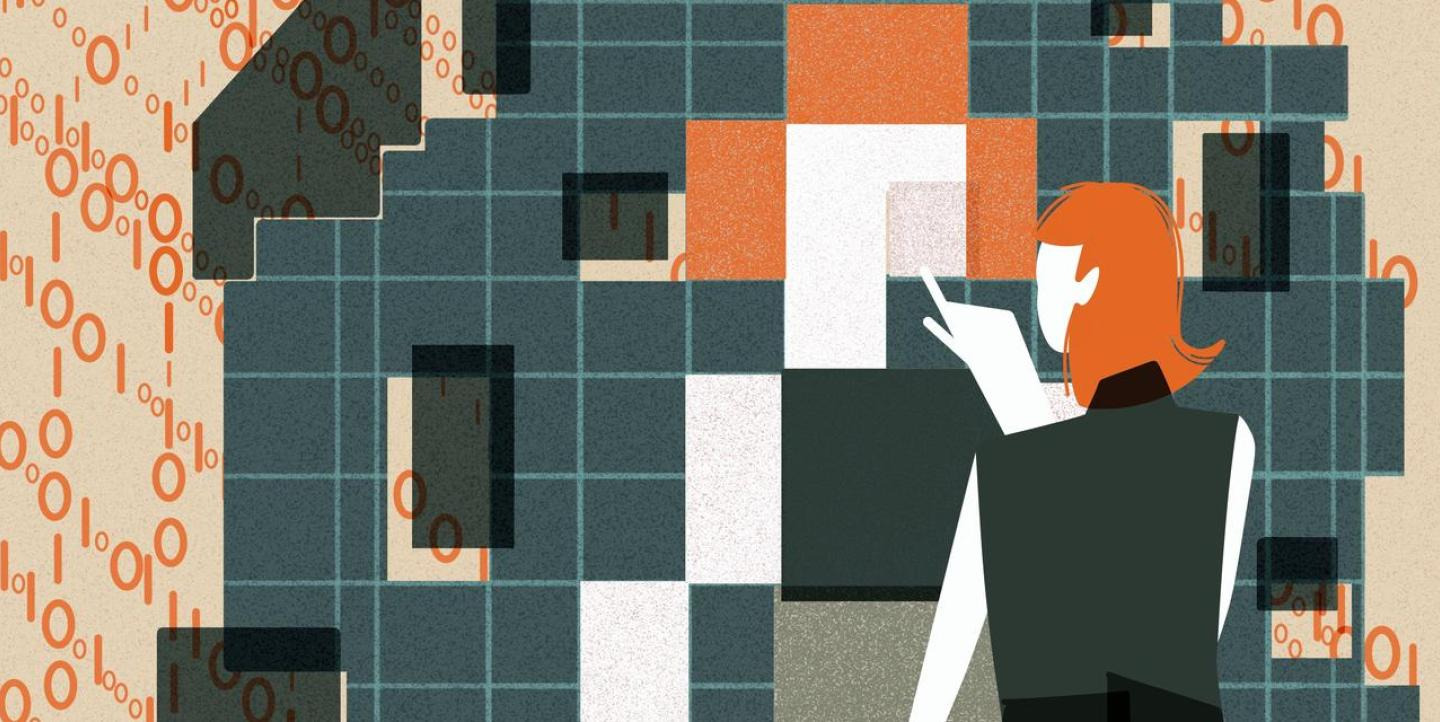
The world is still struggling to manage the problem of fake news, misinformation and fraud on social media platforms. Illustration photo: IJNET
So, even with such obvious illegal activities, dealing with social media platforms or community sharing cannot be done, it is clear that controlling toxic content, fake news and misinformation is extremely far away.
So, not only are the platforms not afraid, but they are increasingly showing signs of “acting on their own terms”, encouraging controversial, sensational, nonsense or toxic information to attract viewers, through their increasingly sophisticated algorithms. It is worth noting that Big Tech is also ready to pressure or challenge any move to punish them on this issue. Billionaire Elon Musk, owner of social network X, in September 2024 expressed his opposition to a new Australian bill that proposes to fine social media companies if they fail to prevent misinformation online.
Under the bill, which is still Australian, internet platforms could be fined up to 5% of their global revenue for spreading misinformation. Other major tech platforms such as Google and Meta have also expressed concerns and challenged the new Australian bill. Note that this is also a rare bill in the world that mentions penalizing social networks for spreading misinformation, fake news and fraudulent activities.
If we look at the world of traditional media and journalism, this paradox is hard to accept. Everyone knows that if a newspaper or a television channel makes even a small professional mistake, let alone provides false or illegal information, the entire agency can be severely punished, and at the very least, readers will turn their backs on it, not just the reporter or editor who provided the information.
The “global pandemic” is spiraling out of control
It can be said that the problem of misinformation, fake news, toxic news and fraud is more serious than any war or pandemic, when it can affect an entire generation globally, especially young people. There have been too many studies showing how social networks, especially the addictive short video features of Facebook, TikTok or Google, are harmful to the physical and mental health of children.
In a recent study, UNICEF found that social media is designed to capture users’ attention for as long as possible, preying on our biases and psychological vulnerabilities, such as the desire for approval or the fear of rejection. Excessive social media use has been linked to feelings of envy, inferiority and low life satisfaction. Studies have even suggested that this habit can lead to symptoms of depression, anxiety and sleep deprivation, the most typical of which is mental illness...
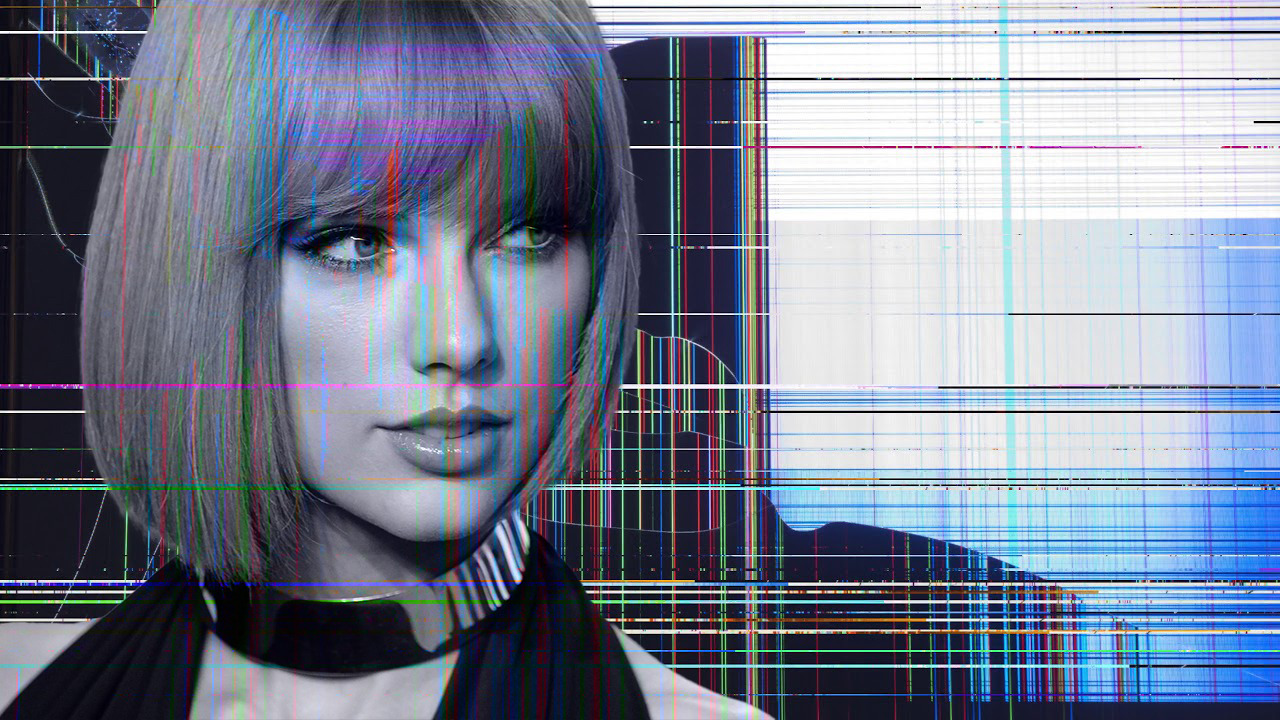
Singer Taylor Swift is one of the celebrities who has fallen victim to AI deepfake. Photo: Herbert Wang
Vietnam's regulation forcing social networks to authenticate users will take effect Decree 147/2024/ND-CP on management, provision and use of Internet services and online information, which has just been issued by the Vietnamese Government, will take effect from December 25, 2024. Accordingly, the regulation requires social networks to authenticate users via phone number or personal identification number and only authenticated accounts are allowed to provide information (write articles, comment, livestream) and share information on social networks. This Decree is expected to greatly limit the spread of fake and misleading information and especially fraudulent activities on social networks. |
There are many examples of how misinformation, fake news and deepfakes can have a serious impact on real life and become a global threat. In August this year, riots broke out due to a false claim on social media that the suspect in the stabbing death of a young girl in the UK was a radical Muslim immigrant (who was actually British). The riots led to thousands of arrests by police.
In the July 2024 assassination attempt on Donald Trump, the social media world was also flooded with fake news and conspiracy theories, such as the fact that an Italian journalist was considered a suspect (in fact, a 20-year-old American man). In addition, there were distortions on social media that the suspect was Chinese or that the incident was a “staged scenario”. The spread of false information is also increasing hatred about all conflicts and hot spots in the world, such as the Russia-Ukraine war, Israel-Palestine or the problem of Islamophobia, as well as anti-Semitism.
And yet, with the explosion of AI, the fight against misinformation is spiraling out of control. Deepfake tools and cheap AI models are proliferating without any significant controls.
According to DeepMedia statistics, the amount of deepfake videos and voices has skyrocketed every year. Deepfake videos have increased more than 3 times and deepfake voices more than 8 times in 2023 compared to 2022. Of which, it is predicted that about 500,000 deepfake videos and voices will be shared on social networks globally in 2024.
In early 2024, a series of AI-generated pornographic images of singer Taylor Swift went viral on social media, causing a stir around the world. In addition, a series of politicians around the world, including US President Joe Biden and leaders in the UK, India, Nigeria, Sudan, Ethiopia and Slovakia, have also become victims of the deepfake problem.
Thus, the problem of fake news, misinformation and especially fraudulent activities in cyberspace is becoming more and more serious. In the coming AI era, this “global pandemic” could get out of control without the joint efforts of the whole world, especially policy makers in each country, to prevent it.
Hoang Hai
Source: https://www.congluan.vn/truyen-ky-cuoc-chien-chong-thong-tin-sai-lech-deepfake-va-lua-dao-post328128.html



![[Photo] General Secretary concludes visit to Azerbaijan, departs for visit to Russian Federation](https://vphoto.vietnam.vn/thumb/1200x675/vietnam/resource/IMAGE/2025/5/8/7a135ad280314b66917ad278ce0e26fa)
![[Photo] General Secretary To Lam begins official visit to Russia and attends the 80th Anniversary of Victory over Fascism](https://vphoto.vietnam.vn/thumb/1200x675/vietnam/resource/IMAGE/2025/5/8/5d2566d7f67d4a1e9b88bc677831ec9d)
![[Photo] President Luong Cuong presents the decision to appoint Deputy Head of the Office of the President](https://vphoto.vietnam.vn/thumb/1200x675/vietnam/resource/IMAGE/2025/5/8/501f8ee192f3476ab9f7579c57b423ad)
![[Photo] Prime Minister Pham Minh Chinh meets with the Policy Advisory Council on Private Economic Development](https://vphoto.vietnam.vn/thumb/1200x675/vietnam/resource/IMAGE/2025/5/8/387da60b85cc489ab2aed8442fc3b14a)
![[Photo] National Assembly Chairman Tran Thanh Man chairs the meeting of the Subcommittee on Documents of the First National Assembly Party Congress](https://vphoto.vietnam.vn/thumb/1200x675/vietnam/resource/IMAGE/2025/5/8/72b19a73d94a4affab411fd8c87f4f8d)
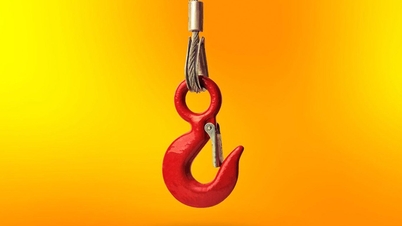









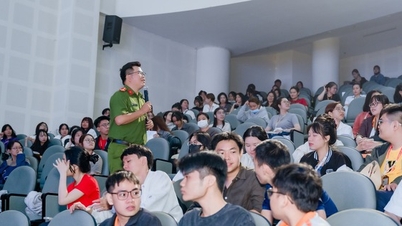
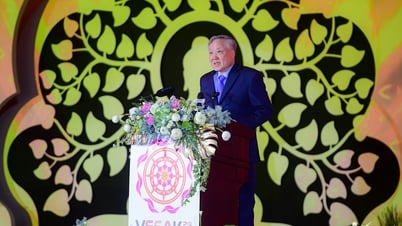

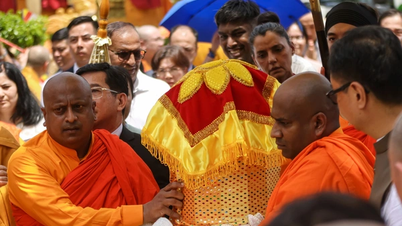


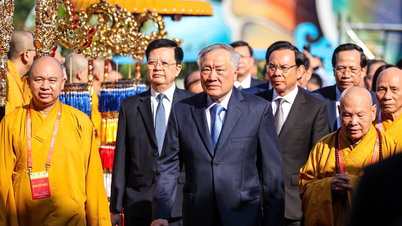









































![[Photo] Prime Minister Pham Minh Chinh talks on the phone with Singaporean Prime Minister Lawrence Wong](https://vphoto.vietnam.vn/thumb/402x226/vietnam/resource/IMAGE/2025/5/8/e2eab082d9bc4fc4a360b28fa0ab94de)






























Comment (0)